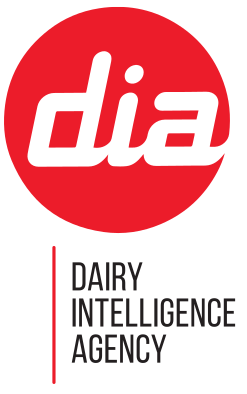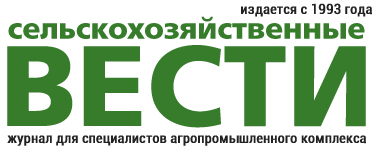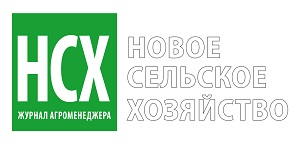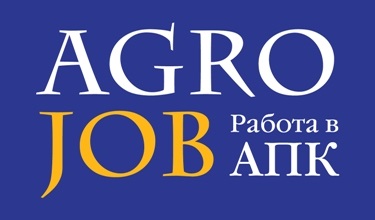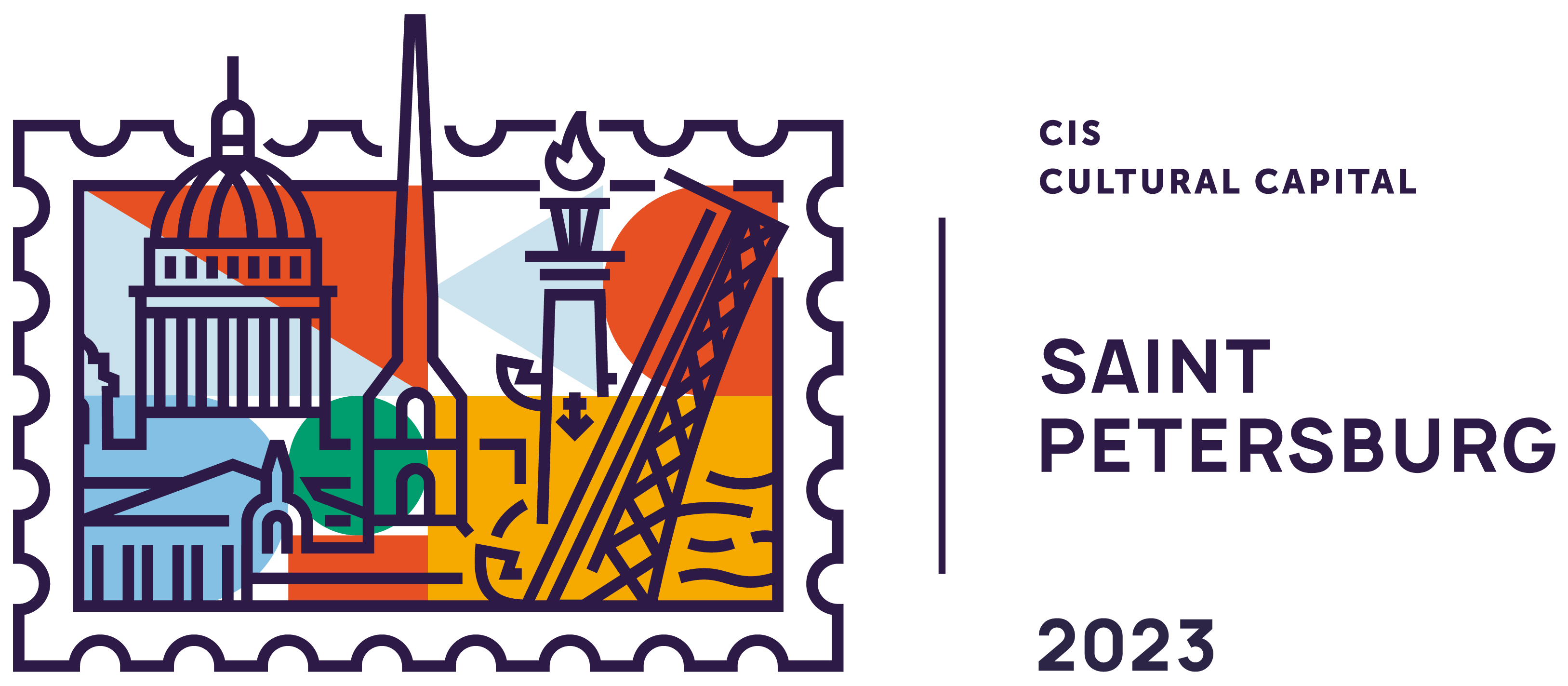The aim of the conference is to consolidate interdisciplinary knowledge in the field of agriculture, biology, robotics, information technology and economics to solve urgent problems of digitalization of organic livestock and crop production based on the achievements of fundamental science and the best practices of agricultural companies.
- Organic farming
- Digital technologies, production and markets for organic products
- Digital technologies and automation in dairy farming
- Digital technologies and automation in aquaculture
- Digital technologies and agricultural development
- Digital technologies in agriculture
- Robotics in agriculture
- Rational nature management and ecology in agricultural production
- Legal aspects of organic production
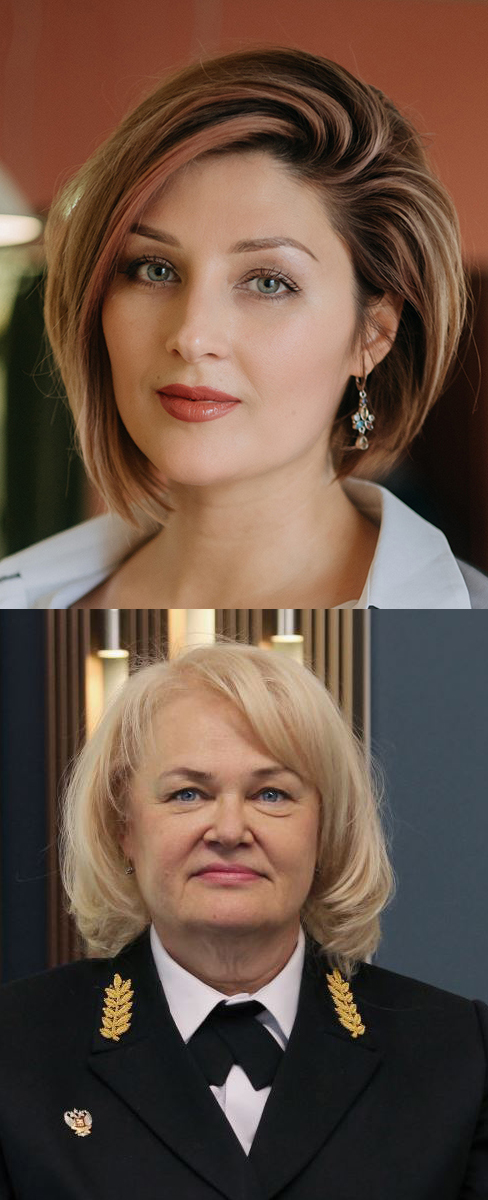
Elena Chertina, Director of the Scientific and Educational Center of Professional Competencies of the Astrakhan State Technical University, Candidate of Technical Sciences, Associate Professor, Astrakhan, Russia
Irina Kvyatkovskaya, Vice-Rector for Academic Affairs of the Astrakhan State Technical University, Doctor of Technical Sciences, Professor, Astrakhan, Russia
Digital Technologies for Environmental Management Question and Protection of Aquatic Biological Resources: Scientific Aspect
The current stage of the fisheries industry development is characterized by the widespread introduction of digital solutions. Digital transformation has touched upon environmental management and protection of aquatic biological resources. For the Lower Volga, for the Astrakhan region, the tasks of environmental monitoring, conservation of natural features and biodiversity under the conditions of anthropogenic load have recently become especially relevant. The legislation strictly regulates the rules and restrictions in fisheries, recreational fishing, and environmental monitoring. However, compliance controls and enforcement mechanisms are not sufficiently supported by digital technologies, especially when integrating structured and unstructured information from various disparate and loosely connected data sources is required. To effectively respond to these questions, new approaches are required using up-to-date information and telecommunication technologies. This paper recapitulates scientific research and development activities Astrakhan State Technical University has been carrying out in this direction.
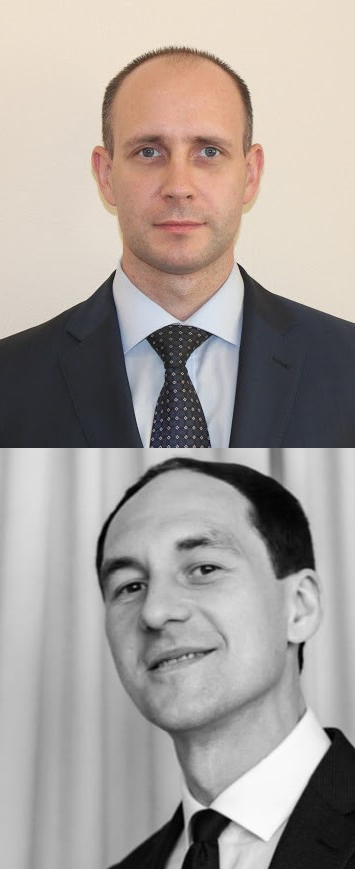
Alexey Dorokhov, Deputy Director for Scientific and Organizational Work, Chief Researcher of the Federal Scientific Agroengineering Center VIM, Doctor of Technical Sciences, Professor, Academician of the Russian Academy of Sciences, Moscow, Russia
Alexey Sibirev, Head of the Laboratory "Machine Technologies for Cultivation and harvesting of open-ground vegetable crops", Senior Researcher at the Federal Scientific Agroengineering Center VIM, Candidate of Technical Sciences, Moscow, Russia
Robotic Systems in Vegetable and Potato Breeding and Seed Production
As part of the implementation of the Strategy for the Development of the Information Society in the Russian Federation for 2017-2030, the FGBNU FNAC VIM is improving technologies and equipment with digital control systems for the production of virus-free seed material of vegetable crops and potatoes, high reproductions, resistant to mechanical damage, accelerated transfer of breeding work, original, elite and reproduction seed production of potatoes and vegetable crops to a modern organizational and technological level with the introduction of energy-efficient machines with digital control and management systems:
- module on accelerated propagation of potato minitubers and vegetable crops;
- control system for irrigation of a technological module with a control spectrum of irradiation in the production of potato minitubers and vegetable crops;
- robotic platform for removing infected potato and vegetable plants;
- automatic planting machine for selection and seed production of potatoes;
- a device for evaluating the suitability of potato tubers for mechanized harvesting;
- a line for post-harvest processing of onions, carrots, red beets and potatoes with an automatic control system;
- robotic platform for storage of potatoes and vegetable crops.
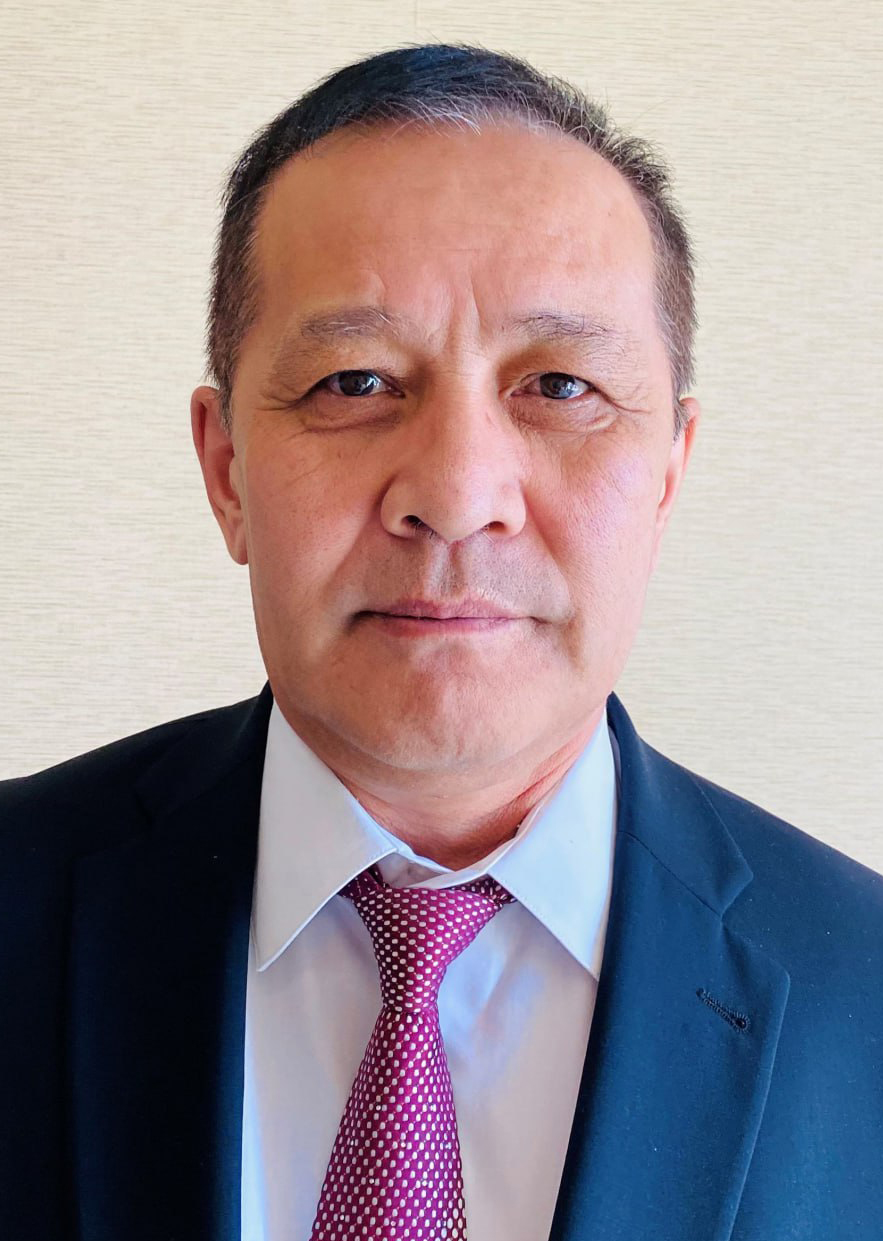
Gantulga Gombo, Chief Scientific Secretary of the Mongolian Academy of Agrarian Sciences, Professor of the Faculty of Engineering and Technology of the Mongolian University of Natural Sciences, Doctor of Technical Sciences, Ulaanbaatar, Mongolia
Topical Issues and Problems of the Development of the Agricultural Sector of Mongolia, the Need for the Introduction of Smart Farming Technologies
In recent years, the Government of Mongolia has been paying great attention to the development of agriculture by increasing its productivity and economic efficiency using environmentally friendly working methods and adaptation to climate change. Attention is also paid to the development of organic farming in order to produce environmentally friendly, healthy food in sufficient quantities for Mongolia to become an exporting country of organic food. Due to global warming, there are obvious negative consequences for the development of this sector, such as ecological imbalance, degradation of pasture resources and vegetation cover, and a decrease in soil fertility. For the rational solution of these problems, it is necessary to develop and implement modern technologies of smart farming in the practice of agriculture. Currently, researchers at the Mongolian University of Natural Sciences are successfully implementing several research projects on the development and implementation of technologies for digitalization of agriculture in Mongolia. There is a good prospect of developing and expanding export-oriented healthy and regulatory-compliant organic products, as well as expanding the practice of organic farming through the use or disclosure of Mongolia's unique biological and natural resources and diversity, as well as developing and expanding export-oriented organic products that support health and regulate.
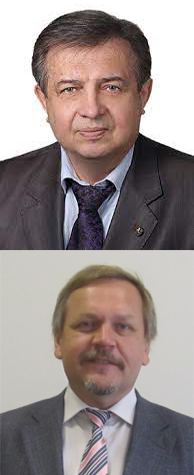
Andrey Ivanov, Director of the V.V. Dokuchaev Soil Science Institute, Doctor of Biological Sciences, Professor, Academician of the Russian Academy of Sciences, Moscow, Russia
Igor Savin, Chief Researcher of the V.V. Dokuchaev Soil Science Institute, Doctor of Agricultural Sciences, Professor, Academician of the Russian Academy of Sciences, Moscow, Russia
Digital Technologies for Optimizing the use of the Resource Potential of Russian Lands in Agriculture
In order to prevent a decrease in the economic efficiency and competitiveness of Russian agricultural production, as well as to optimize the use of the resource potential of land, accurate, operational, and low-cost technologies for inventory and monitoring of land, as well as assessing their quality and planning rational agricultural land use are needed. Their creation and improvement at the present stage of the development of science is impossible without the use of digital and remote technologies, as well as computer spatial modeling. Development of digital mapping methods and monitoring of soils and lands based on satellite data and data obtained from UAVs, assessing the resource potential and potential crop yields, development of scenarios for rational use of land in agriculture and modeling of possible changes in land quality as a result of trends in technological development of agriculture and observed and forecast climate and soil changes they can be considered as the basis for a new scientific direction – digital land use. The introduction of modern digital technologies will increase the efficiency of agricultural production and the full exploitation of the resource potential of the lands of Russia.
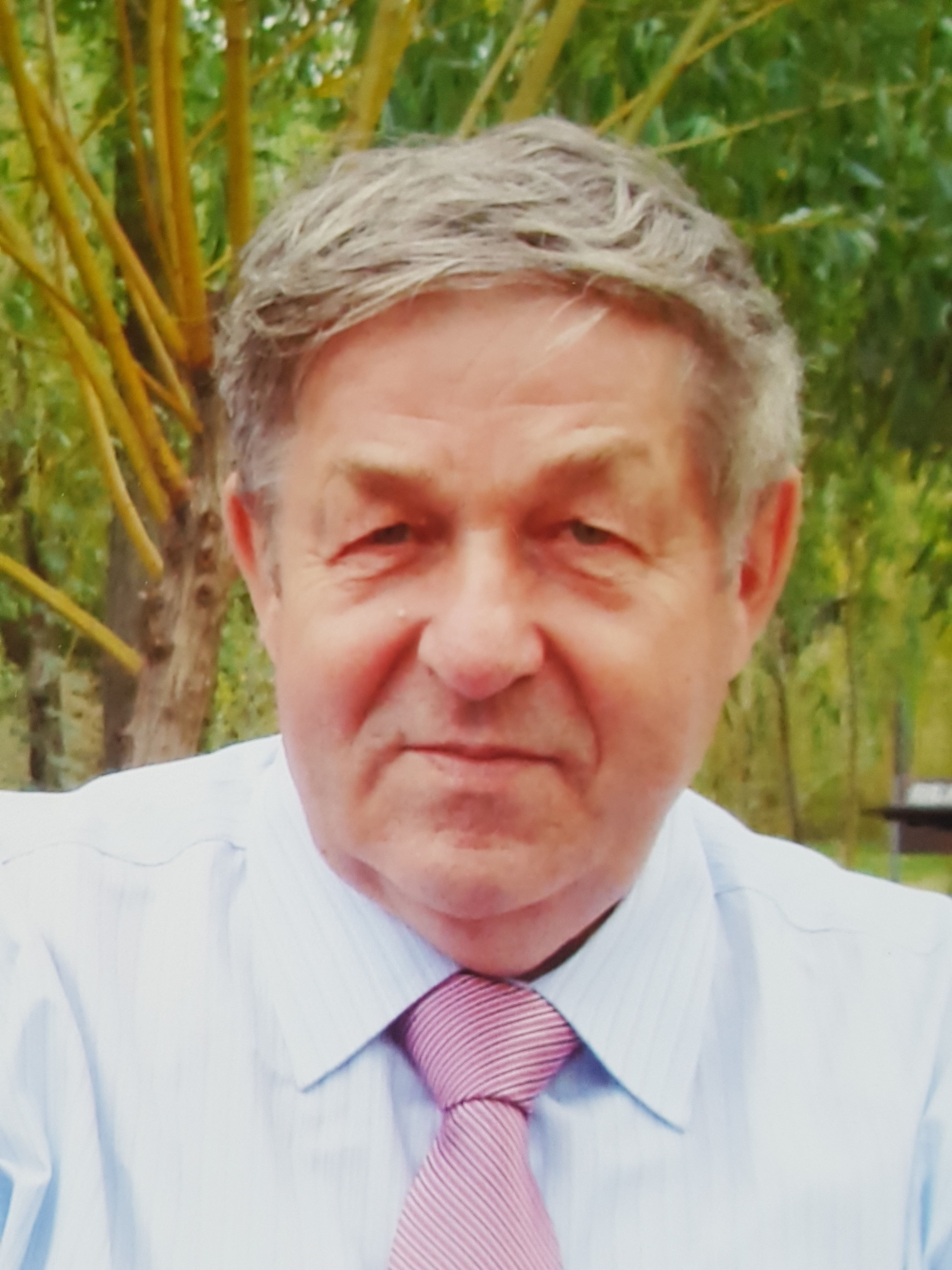
Alexander Kostyaev, Chief Researcher of the SPC RAS, Doctor of Economics, Professor, Academician of the Russian Academy of Sciences, St. Petersburg, Russia
Socio-Economic Problems of Digital Transformation of Rural Areas
Digital transformation is considered as a restructuring based on digital tech-nologies and large databases of the entire management system of rural devel-opment, including goals, strategies, models, operations, marketing approaches, etc. Socio-economic problems of digital transformation of rural areas are consid-ered in connection with the scale of the Russian Federation and interregional features of the demographic structure of its population. Long distances be-tween small rural settlements hinder the solution of the problem of their access to the Internet and mobile communications. The increased costs for rural areas make them unattractive for commercial structures. According to Western re-searchers, the digital divide between villages and cities is insurmountable and even intensifies, and socio-economic factors become decisive in the digital transformation of rural areas. Social, socio-demographic, economic and normative-institutional factors, due to their multidimensional nature, act as both drivers and barriers to the digital transformation of rural areas, which, in turn, has both a positive and negative impact on rural areas in socio-economic terms.
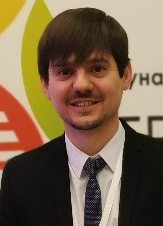
Roman Nekrasov, Head of the Department of feeding farm animals of the L.K. Ernst Federal Research Center for Animal Husbandry, Doctor of Agricultural Sciences, Podolsk, Russia
Role of Feed Adaptogens in Forming the Concept of Organic Pig Production
One of the priorities of the Strategy for Scientific and Technological Development of the Russian Federation (approved by Presidential Decree No. 642 of December 1, 2016) is the transition to a highly productive and environmentally friendly agriculture. An important aspect of organic livestock production is to reduce the impact of stress factors on the animals. Therefore, there is an urgent need to develop effective and sustainable management approaches to mitigate the negative effects of stress and increase feed conversion efficiency while producing higher quality pork. A promising solution could be the use of natural biologically active substances with pronounced antioxidant properties, which can through stabilization of free-radical oxidation increase the adaptation properties of the body to the effects of environmental stressors. The action of natural bioflavonoids (dihydroquercetin) as well as in complex with vitamins on the organism of fattening pigs during the periods of stress of various etiology (climatic, fodder, transport, social, etc.) was studied. A complex including vitamin C, vitamin E and dihydroquercetin has been developed. The provisions of the method of feeding pigs as a way to reduce the negative impact of stress factors on meat quality by studying nutritional factors have been experimentally studied.

Sergey Pulnikov,Chairman of the Board of ACC "Smartorg.Tyumen", The head of LLC AC "Rusich", Candidate of Technical Sciences, Tyumen, Russia.
From Consumer to Investors – Digital Cooperation for the Mobilizational Economy of Russia
The report presents the results of the analysis and assessment of the current state of the cooperative system, reveals the existing acute problems of resource management. It is shown that the digital transformation of cooperation will make the process of managing collective forms open, operational and will allow flexible management of the economy and distributed resources of the state. Two developing trends in the digital transformation of rural areas, promising and for future periods, are considered. This is the use of information and communication technologies to find a place of residence and a place of work and to ensure the direct participation of geographically dispersed citizens in making important collective decisions by using online voting.
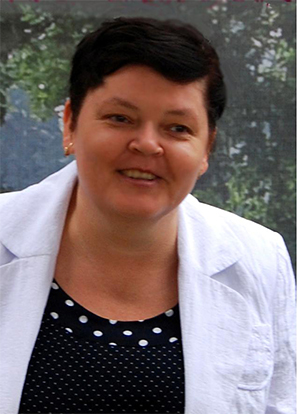
Elena Semenova, Head of the All-Russian Research Institute for the Organization of Production, Labor and Management in Agriculture – Branch of the Federal State Budgetary Research Center for Agrarian Economics and Social Development of Rural Territories of VNIIESH, Doctor of Economics, Moscow, Russia
Problems of Marketing of Organic Agricultural Products
Domestic and foreign experience in the use of marketing tools for organic agricultural products is summarized.
The main directions and errors in the use of marketing tools in the introduction of organic agricultural products to the market were considered:
- determining the type of demand for organic products,choosing criteria for allocating a consumer segment and determining its size;
- life cycle phase planning for organic products;
- interrelated combination of elements of the 4R marketing complex;
- evaluation of the effectiveness of marketing programs.
The use of matrix methods in forecasting the development of the organic products market is proposed.
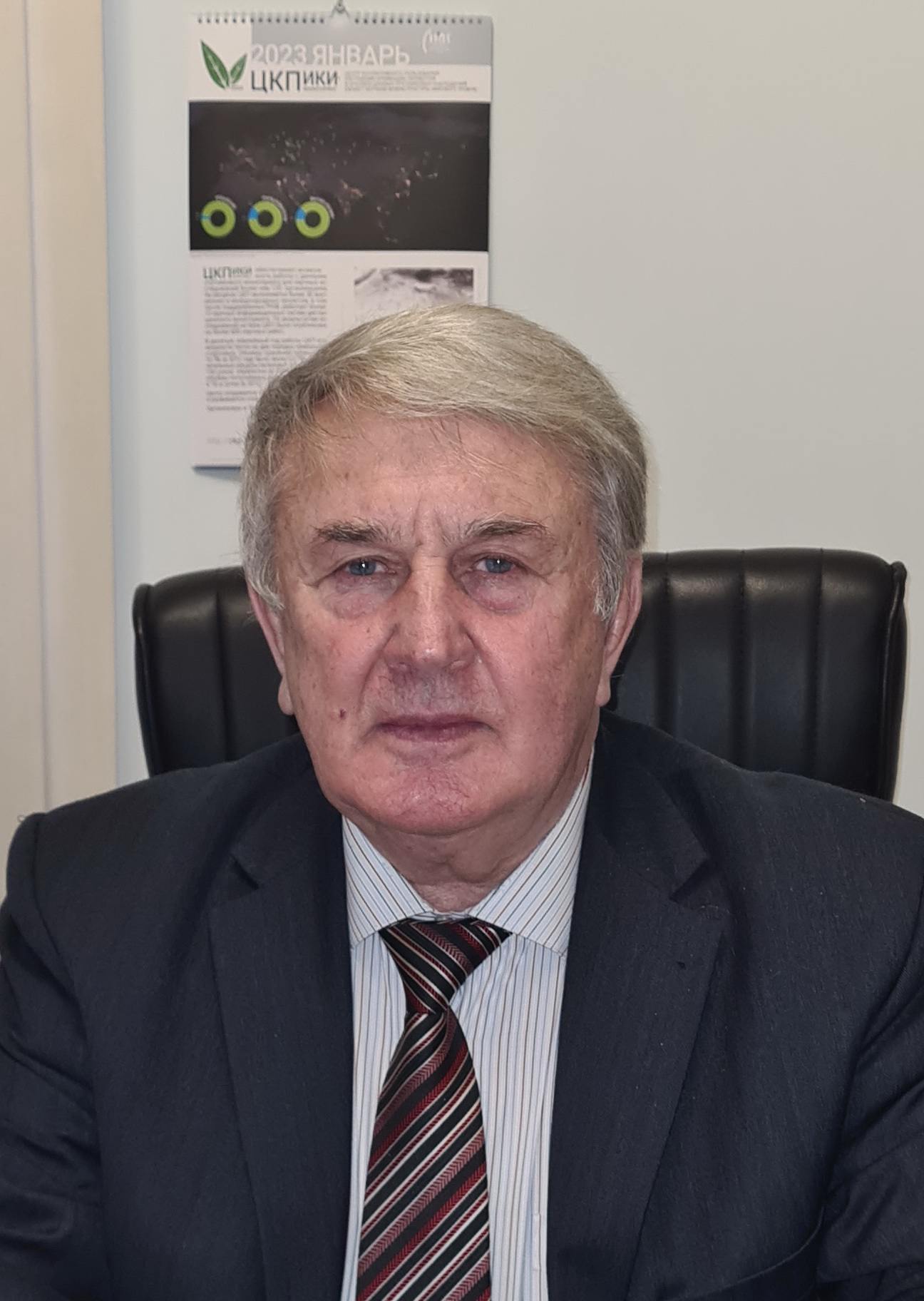
Viktor Yakushev, Head of the Adaptive Agrotechnology Modeling Department of the Agrophysical Research Institute, Doctor of Agricultural Sciences, Professor, Academician of the Russian Academy of Sciences, St. Petersburg, Russia
Theoretical Foundations and Tools for Detecting Intra-Field Heterogeneity for Precision Farming
Precision agriculture (PA) is generally recognized as a global trend in the adaptation of crop production technologies to the intra-field variability of controlled productivity factors. The justified application of agricultural methods of PA is impossible without a quantitative assessment of the intra-field variability of indicators affecting the quantity and quality of the crop. The degree of variation (range) of intra-field heterogeneity determines the expediency and effectiveness of a differentiated approach to the cultivation of agricultural crops in a particular territory. The report presents the theoretical, methodological, and algorithmic foundations for identifying intra-field variability for the purposes of PA based on remote Earth remote sensing (ERS) data. A functional has been created for the implementation of two new methods for detecting and isolating the boundaries of intra-field heterogeneity according to remote sensing data. One of them uses geostatistical tools, and the other is based on a comprehensive assessment of the dynamics of changes in the optical characteristics of sowing. The prospects of scaling the results obtained in modern agriculture are assessed.
Conference co-chair:
- Academician Alexander Kostyaev – SPC RAS
Program Committee Chair:
- Andrey Ronzhin, SPC RAS
Program Committee Members:
- Mikhail Arkhipov, Russia
- Noah Velasquez, Mexico
- Oksana Glibko, Russia
- Mehmet Guzey, Turkey
- Vlado Delik, Serbia
- Abusupyan Dibirov, Russia
- Ivan Ermolov, Russia
- Dmitry Hort, Russia
- Larisa Ilyina, Russia
- Evgeny Ivashko, Russia
- Sergey Kosogor, Russia
- Evgeny Khrustalev, Russia
- Valentina Kundius, Russia
- Georgy Laptev, Russia
- Francisco Mas, Spain
- Roman Meshcheryakov, Russia
- Roman Nekrasov, Russia
- Francesco Pieri, Italy
- Mirko Rakovic, Serbia
- Elena Semenova, Russia
- Svetlana Shchepetkina, Russia
- Elena Yildirim, Russia
Organizing Committee Co-Chairs:
- Polina Chernousova, SPC RAS
- Anton Saveliev, SPC RAS
- Vladimir Surovtsev, SPC RAS
Organizing Committee Members:
- Marina Astapova, SPC RAS
- Natalia Dormidontova, SPC RAS
- Dmitriy Levonevskiy, SPC RAS
- Alyona Lopotova, SPC RAS
- Irina Podnozova, SPC RAS
- Ekaterina Cherskikh, SPC RAS
- Anna Moreva, SPC RAS
- Anna Motienko, SPC RAS
|
Articles submitted to the organizing committee should not be considered by another conference and should be published earlier or accepted for publication elsewhere. Authors should submit for review an article in English in DOCM format with a volume of 10-12 pages, formatted in the Springer style according to the template and containing the following sections: |
- abstract (180-200 words)
- keywords (at least 5 words and phrases)
- introduction
- main part
- conclusion
- acknowledgement (if necessary)
- reference list
|
Participation in the conference is free of charge. The application for participation should be submitted by May 5, 2023: https://forms.yandex.ru/cloud/63a472ed693872979d653290 The authors of the accepted articles in the proceedings of the conference will be sent information about the methods of payment of the registration fee in the amount of 10,000 rubles. Contract-offer for participation in the conference |
The application for participation |
|
The accepted articles will be published in the collection of works "Agriculture Digitalization and Organic Production" in English in a series of books Smart Innovation, Systems and Technologies published by Springer, indexed in ISI Proceedings, EI-Compendex, SCOPUS and Springerlink. |
E-mail: conf@spcras.ru
Web: http://adop.nw.ru/
